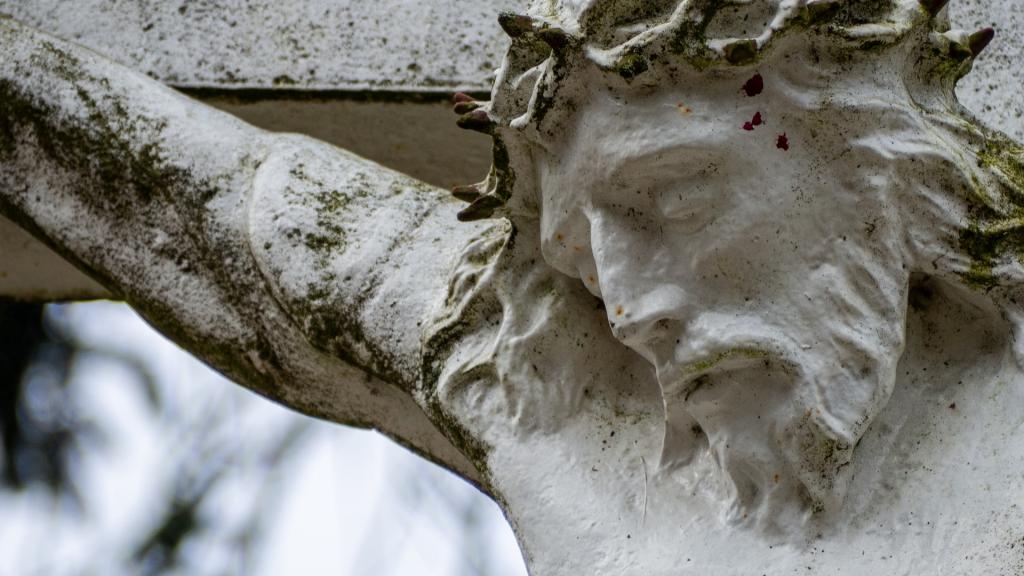
Ash Wednesday, like other days in the Christian calendar, is designed to encourage spiritual reflection. After 6 days, Genesis describes God as having sanctified time, not a place. And the liturgical calendar builds on the significance of that act, reminding us all of God’s saving acts and our dependence upon them.
But in a culture that is easily bored and longs endlessly for relevance, the nature and purpose of Ash Wednesday is easily lost. So, over the years, we have developed alternative interpretations and observances that don’t require reflection. “Ashes to Go” makes it possible to receive the imposition of ashes without sitting through the prayers and long silences of the Ash Wednesday service. Ashes with glitter reminds us that we are special. Increasingly, churches have called on people to spend Ash Wednesday and the Lenten season meditating on societal injustices, which – while not without merit – is too narrow a focus to substitute for the rigors of Lent.
As the liturgy itself makes clear, Ash Wednesday revolves around the call to repentance and a reminder of our mortality. It is meditation on these two facts of our existence and our dependence upon God around which both Ash Wednesday and the Lenten season revolve. By confronting the church with those perennial truths about ourselves, the liturgy demands that we take time to contemplate our condition. It confronts us with our sinfulness and it reminds us of our mortality – all in the name of receiving the grace of God.
To divert us from those challenges – by narrowing or even eliminating the spiritual demands that the liturgy makes of us – is to run the risk of subverting its purpose. It becomes too easy to assert ourselves, rather than reflect in honest ways on our behavior. It becomes too easy to talk about the sins of others, rather than grapple with our own sin. It becomes too easy to put our sins aside in favor of talking about an institutional or societal failing. And it becomes too easy to rush through the whole day, content in saying that we are too busy – or worse yet, too important – to meditate on our condition.
So, I will start there, as every mortal must and I invite you to do the same. But this is not a morbid exercise.
To be reminded that we are sinful and mortal is to be freed from the mistaken notion that we can save or heal ourselves. To be reminded that we are sinful and mortal is to be reminded that God can heal us. To be reminded that we are sinful and mortal is to be freed to receive that healing, rather than remain trapped in our own futile effort to heal ourselves.
So, while there are moments of sadness in contemplating our sinfulness and mortality, as Alexander Schmemann describes it, the sadness of lent is “a bright sadness.”[i] A sadness that comes from recognizing that deliverance and delight, healing and wholeness can be ours.
If – on Ash Wednesday – we remember that we are dust, it is also worth remembering what God can do and has promised to do with dust. To that God be glory, Father, Son and Holy Spirit. Amen.
[i] Alexander Schmemann, Great Lent, Journey to Pascha (New York: St. Vladimir’s Seminary Press, 1969): 14-15.
Photo by Annika Gordon on Unsplash









